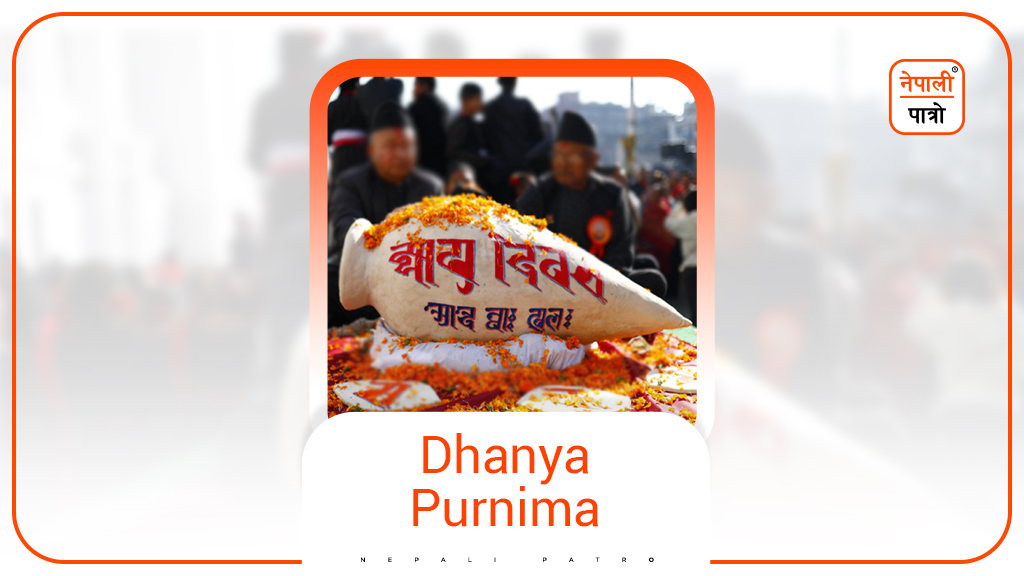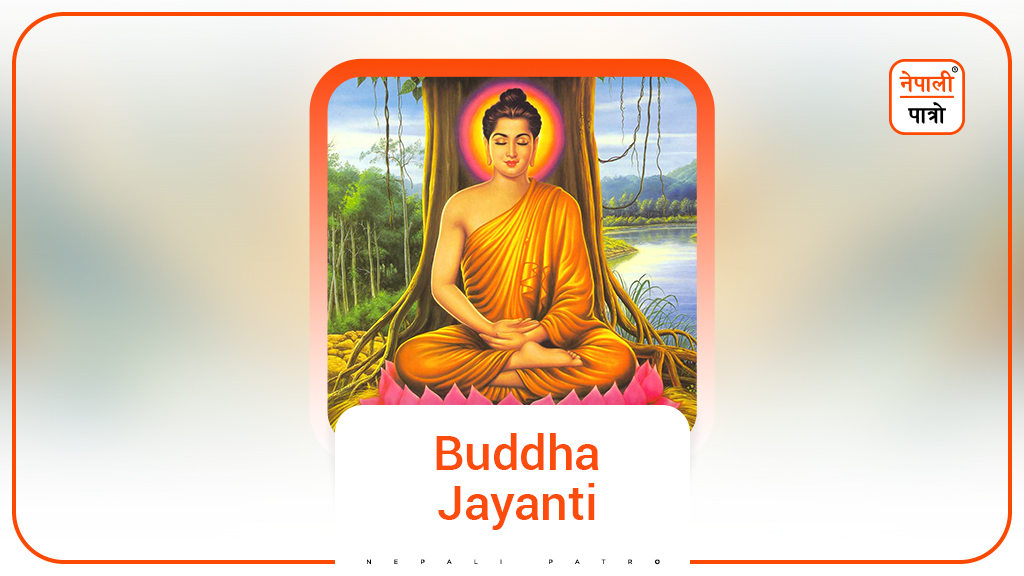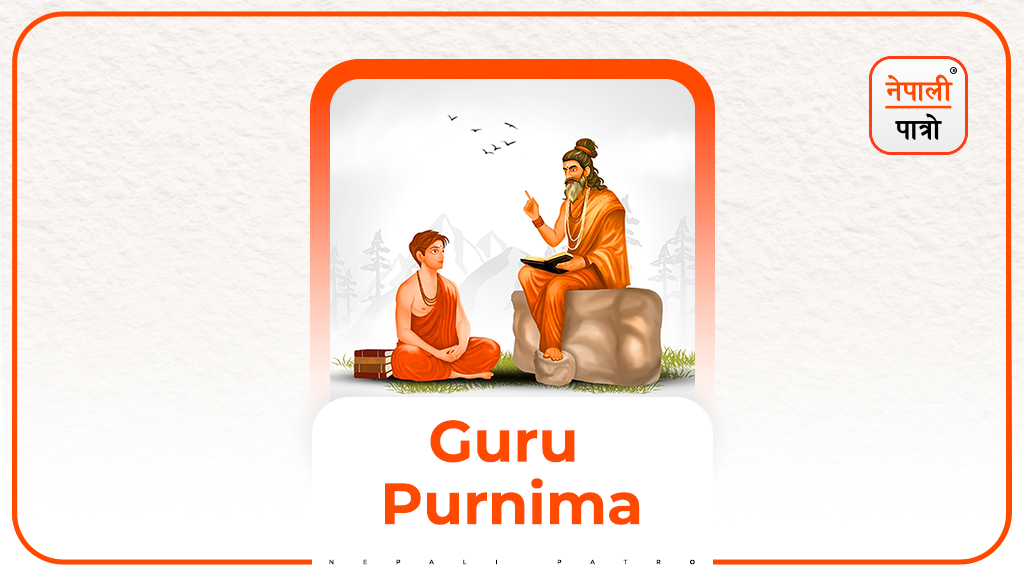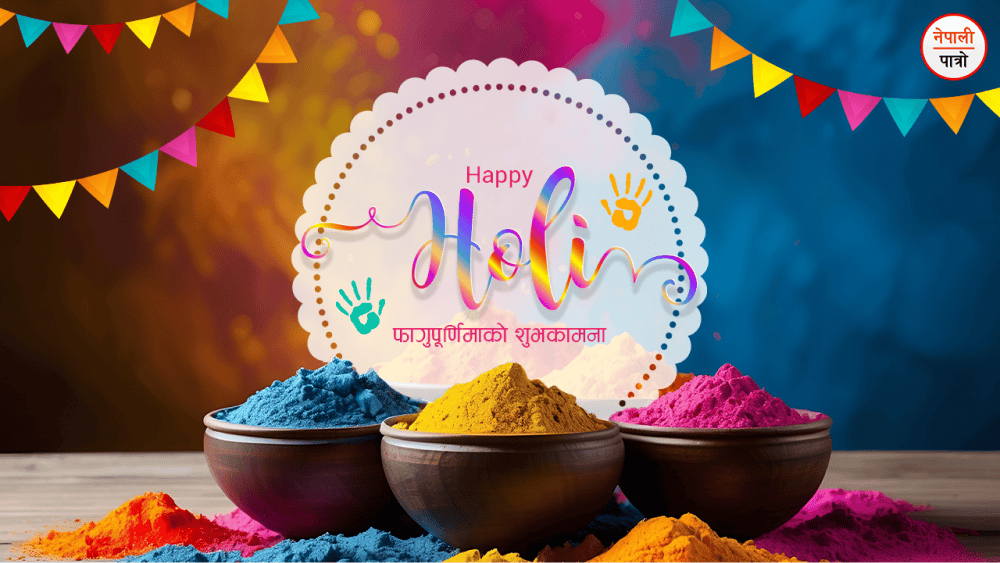
Dhanya Purnima
The Purnima date of Margasirsha Suklapakchya is known as Dhanya Purnima (Dhanya = dhaan = paddy grains). After harvesting the main or principal crop of paddy in Asar, mid-July, the festival is celebrated during the full moon after expressing gratitude to the mother earth. On this day, the earth is also worshipped in gratitude for the rice donated by Mother Earth. This festival is celebrated with the wish as ‘Let the paddy in the Bhakari (a big jar like barrel made out of bamboo) never gets empty and always be full of grain plus wealth’ this is the reason for it to be called Dhanya Purnima.
The hill community living in hilly areas and other places has a tradition of worshiping Kul Puja (worship of family deity), Gaidu worship (Worshiping agricultural apparatus and various kinds of grain seeds used during the year’s cultivation), and Goth (shelter for cattle) this day. The Kirat community celebrates the Udhauli festival today. It is customary to celebrate the festival with great happiness upon entering a good harvest inside the house and as a sign to escape the winter the people, animals, and birds descend to lowland leaving the highland. Rai, Limbu, Sunuwar, and Yakkha from the Kirat community, celebrate the festival worshiping nature as they consider nature as God, and pray for forgiveness with the mother earth as being its child if there has been anything wrong while farming.
The Newar community calls this full moon day Yomari Punhi. Today, the Newar community worships the god-goddess to express their gratitude for the paddy as a new crop and offer Yomari as offerings. New rice flour is used along with a variety of spices including molasses, khuwa/khoa (concentration of milk to one-fifth volume is the production of khuwa), black lentils, ginger, sesame seeds, and a triangular-shaped Yomari or conch-shaped Yomari is made and offered to mother earth, family deity, and family god or goddess and then it is consumed as Prasad (boon/blessing) of the gods, then onwards they share it with neighbors and guests too. Doing so is believed to increase agricultural production without any lack of food. This day is also celebrated as Jyapu (Jya means work, and Pu means complete, used to Rule then Nepal since the Vedic Period) Day.



December 9, 2024 1 year
parmesur gharko kuldevta bishnu Barmasta namo namah
January 10, 2025 1 year
okhaldhunga